
ZeMKI Doctoral Program
Events of the doctoral program

Exposé Workshops for First Year PhD Candidates in November 2025 at ZeMKI
The PhD Program at ZeMKI will conduct Exposé Workshops for First Year PhD Candidates this November. The goal is to discuss drafts and skeletons of PhD Exposés in the peer group under the guidance of a Prof. Dr. Kerstin Radde-Antweiler. All first year PhD candidates will present their exposés in one of the three workshops (…)
16. October 2025

PhD Writing Week 2025 on Spiekeroog
From September 28 to October 2, 2025, a group of ZeMKI PhD students participated in a writing retreat on the island of Spiekeroog, located in the Wadden Sea National Park. The retreat offered participants the opportunity to dedicate several days to intensive writing and focused work on their dissertation projects, away from the distractions of (…)
16. October 2025

PhD Writing Week 2024
- Datum: 16. September 2024 – 20. September 2024
The Writing Retreat 2024 to this year is scheduled from September 16 to September 20. This Writing Week is designed to support the academic progress of doctoral candidates by providing an environment perfectly suited for focused writing and research. Situated in the picturesque north of Germany, this retreat offers participants a chance to advance their (…)
13. May 2024

Academic Project Management
- Datum: 10. July 2024 – 10. July 2024
- Location: Bremen
We are pleased to invite you to our workshop “Academic Project Management.” Effective time management and self-organization is a prerequisite for graduates. But how do you manage to structure your everyday life and keep your planning and goals under control, maintain an overview and avoid chaotic time pressure situations? This workshop explores these questions and (…)
13. May 2024
Selected doctoral projects
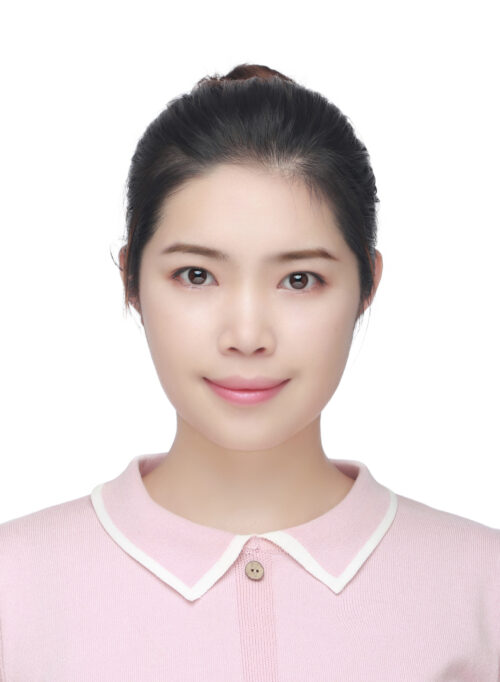
- PhD project
The Visual Framing of Politicians' Self-Presentation on Instagram and its Influence on Online Political Participation
Political actors use social media such as Facebook and Twitter to influence potential voters and other key audiences such as journalists and civil society actors. This research will examine the self-promotion strategy of politicians from the perspective of visual framing and textual framing on Instagram. For data analysis, supervised deep learning will be used to (…)
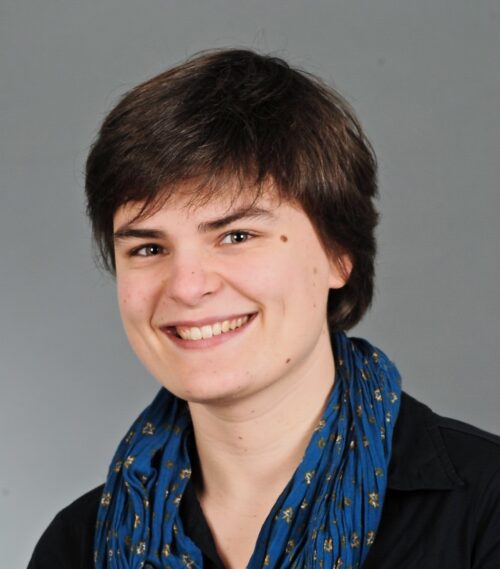
- PhD project
Value Formations in a Video-Game-Franchise. A Comparison of Value Formations in “The Last of Us” (2013) and “The Last of Us: Part II” (2020) (seit 2020)
The video games “Last of Us” (2013) and “Last of Us 2” (2020) caused heated discussions during their release periods. While the first game prompted players’ to reflect on their moral compass through depictions of difficult decisions in crisis situations, the second instalment, published in the middle of the corona-pandemic, caused a polarizing controversy about (…)
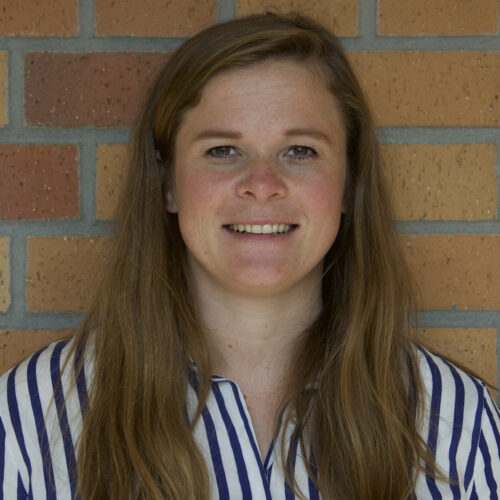
- PhD project
Journalistic Tools as "Boundary Objects" - A Media-Ethnographic Study of their Specifics as well as Dynamics of Development and Appropriation in Journalism
The dissertation focuses on new journalistic tools under the conditions of digital media change. The tools are understood as „boundary objects“ (Star&Griesemer, 1989). Such a socio-technological perspective makes it possible to analyze their (technical) specifics as well as to grasp the negotiation processes in the context of concrete development and appropriation processes. Methodologically, the work (…)
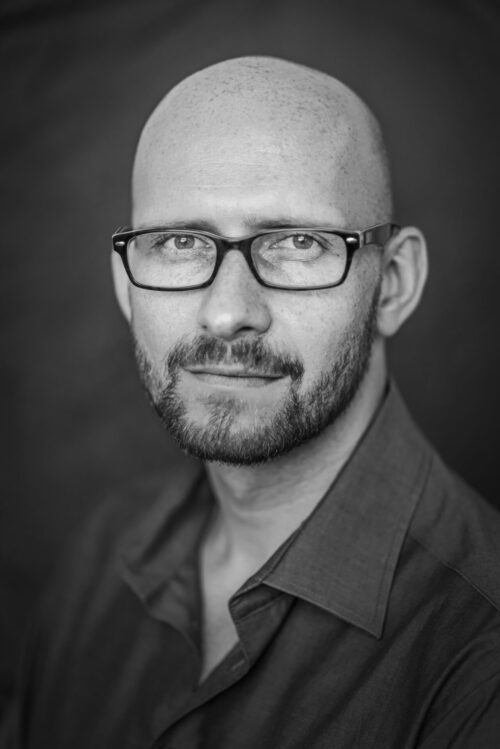
- PhD project
Journalistic narratives after the audience turn: How new journalistic narratives address their audience
PhD project On the internet, the old business model of mass media is no longer viable and journalism must seek the attention of the audience in the area of conflict between quality reporting and personalized experience. An audience turn has taken place, which is also changing journalistic narrative styles.Hendrik Kühn’s dissertation project examines how this (…)
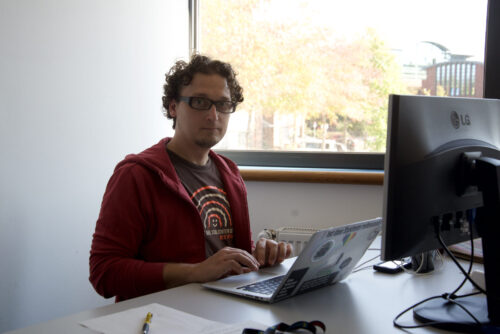
- PhD project
The sustainable development of research software for media and communication studies
PhD project The research field of communication and media studies has changed significantly in recent decades with the spread of the internet and advancing digitalization. This applies not only to the subject area itself, but also to the methodological approach used to analyze it. Research software is an important tool in the implementation of numerous (…)
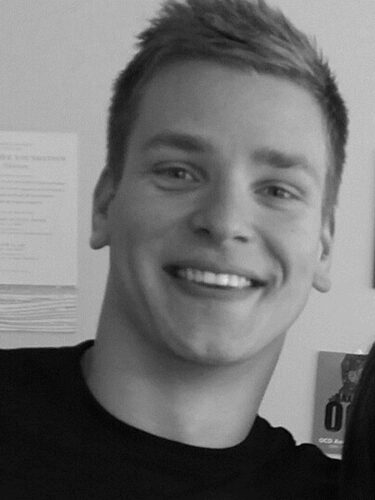
- PhD project
The Aesthetic Dimension of Mental Illness
Films can impressively shape the everyday image of mental disorders (mental illness) and develop complex forms of expression for the representation of mental disorders that go beyond the scientific descriptions (such as the ICD-10 or DSM). In addition, they reflect scientific characterizations of mental disorders and open up new, everyday-based insights for the health sciences. (…)
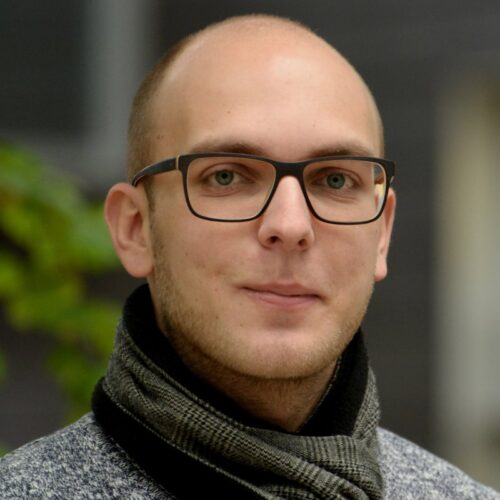
- PhD project
Data Pratice in School Social Work
When looking at the interface between school social work and digitalization, it becomes clear that there is little knowledge and even less insight into the interactions between them. The literature states, among other things, that digitalization “just happens” (Ermel 2020: 42). Nevertheless, it is becoming apparent that digital media affect school social work at different (…)
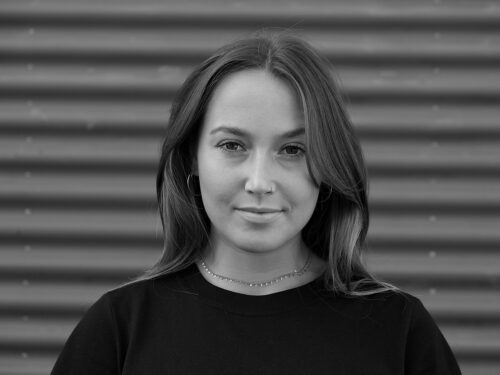
- PhD project
Among Anti-Vaxxers, Esoterics and Right-Wing Radicals: Anti-Covid Communities’ Social Media Activism on Telegram
Since the onset of the Covid-19 pandemic, various groups in Germany and other global regions have protested against governmental measures implemented to combat the virus. The Covid-skeptic scene in Germany particularly utilizes the social media platform Telegram for information exchange and the coordination of protest activities. In my PhD project, distinct anti-Covid communities on Telegram (…)
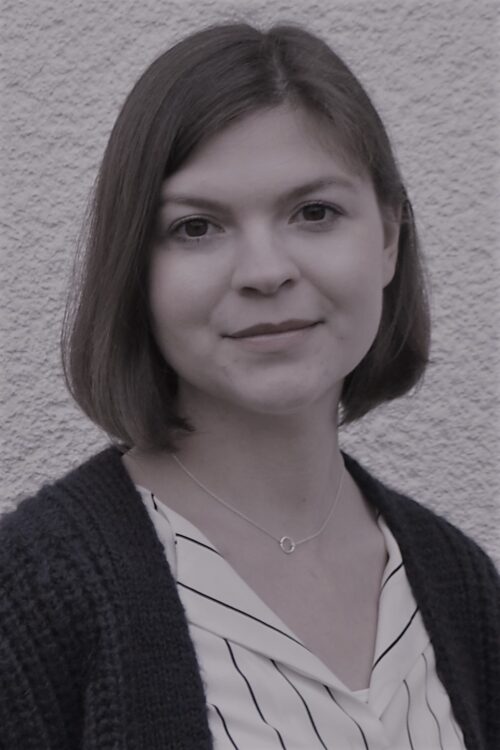
- PhD project
AI Imaginaries - The Role of (Social Media) Platforms in Shaping (Public) Future Perspectives of Technical Development
Artificial intelligence is considered a key technology today, even if it is interpreted in different and ambiguous ways. As AI products become part of everyday life, new fears of job losses and promises to lighten the workload are emerging, impacting major public investment in research and industry and being reflected in political discourse and legislation. (…)
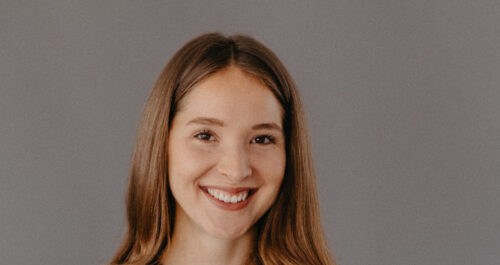
- PhD project
Agenda Setting and Discursive Power in the German AI Discourse
Due to promises of groundbreaking technologies and a considerable hype, the issue of Artificial Intelligence (AI) is receiving increasing attention. Besides the focus on innovation driven by actors in business and research, it is primarily political and media actors who take on ethical and legal considerations, such as human-centredness or discrimination, and thus shape the (…)
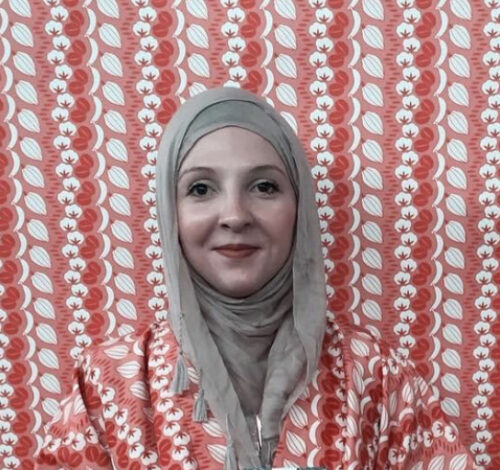
- PhD project
The Construction of Mental Health among Muslim Influencers on Instagram. A comparative Study between German and Tunisian Actors.
“Can only a Muslim therapist really treat me well? How important is it that the therapist has the same faith?” These questions come from a post on the Instagram page of a German influencer of Muslim faith. Like many other influencers on Instagram, the influencer “psych.beck” deals with questions about mental health, self-care, nutrition, fitness (…)
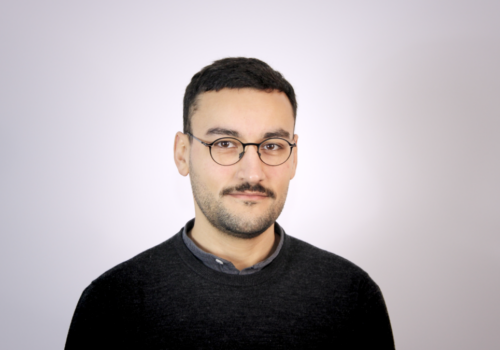
- PhD project
Claimspotting: On the Role and Automation of Fact-Checking
Disinformation and fake news are not new, but digitalization and mediatization have taken the problem to a new level. The dissertation project aims to gain a better understanding and possible solutions. Through a quantitative content analysis of fact checks by German organizations, Sami wants to find out what disinformation is actually about. Which topics are (…)
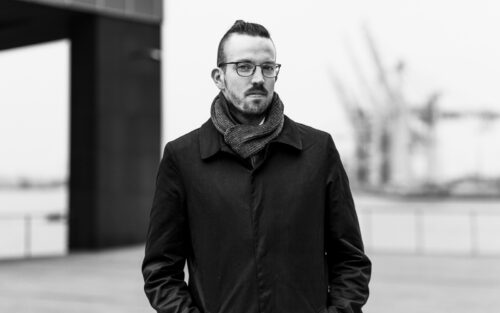
- PhD project
Discourse Power in the (Digital) Public Sphere
The internet is permanently changing the structure and logic of the political public sphere: the former gatekeeping position of traditional media is disappearing and new actors are entering the arena. Jan Rau’s dissertation project investigates how and to what extent German far-right and right-wing populist actors can exploit this transformation of discursive power relations. Specifically, (…)
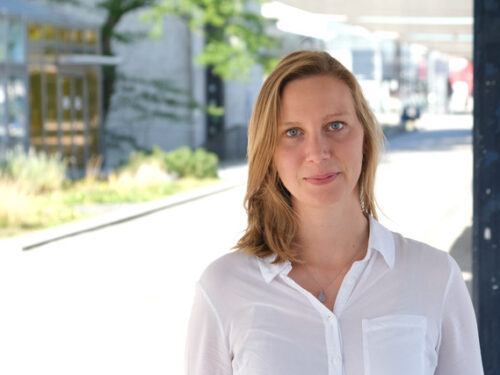
- PhD project
Gender-specific Subjectivation Processes of Young People in the Informal Digital Learning and Educational Space YouTube
YouTube is one of the most popular Internet offerings for young people in Germany and serves many of them as an informal learning and educational space for researching information for leisure interests, school and training (Feierabend et al., 2021; Wolf, 2015). YouTube is a space that is structured along stereotypical notions of gender (Döring, 2019; (…)
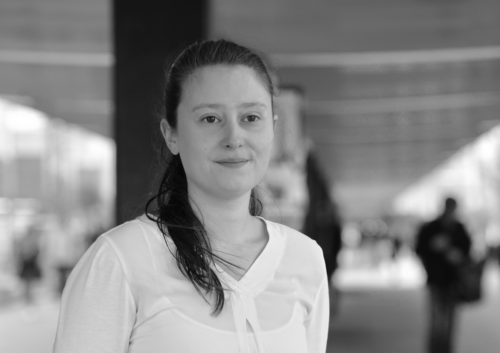
- PhD project
1968 and 1969 as Epochal Years. On the History and Aesthetics of Argentinean and Mexican Documentary Films and Social Movements
“The camera is the inexhaustible expropriator of image-weapons; the projector, a gun that can shoot 24 frames per second.“ The 1960s have gone down in history not only in Latin America as the years of the so-called social movements and the political struggle of left-wing groups. It was about political participation and civil rights, but (…)
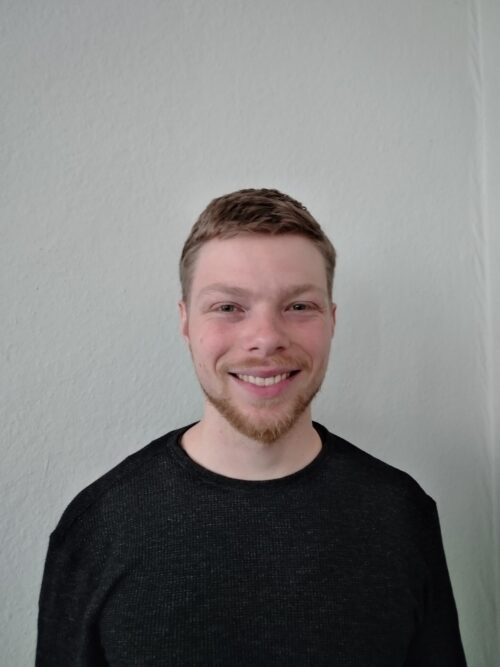
- PhD project
Political Action and News Usage of the Fridays for Future Movement in Germany
When we think of political action, we often think of crowds of people pushing their way through the streets with flags, signs and slogans. However, this image of political action is incomplete. Political action takes place both in the ‘analog’ world and in the digital world in a wide variety of forms. Fridays for Future (…)

